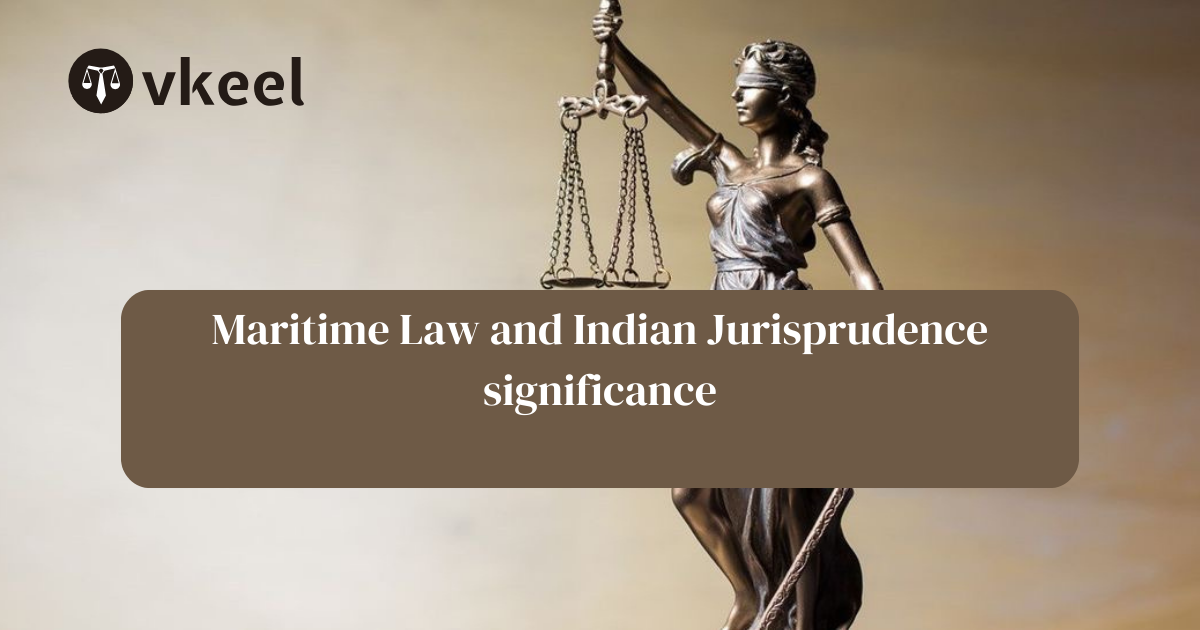All About Mesne Profits
By Joy Puri
Table of Contents
Introduction
The meaning of mesne profits can be traced back from English common law as a remedy for the landlord whose property was wrongfully occupied by another party, also known as a trespasser or wrongful possessor of the respective property.
The aforesaid term was derived from the French word “mesne” which if translated to English language means intermediate or intervening, and it refers to the profits derived from the property during the period of wrongful occupation by the wrongful person with an ill will.
Dating back to its history mesne profits were designed and built to compensate the rightful owner for the loss of income or benefits they could have received if the property had been in their possession for the respective time. This remedy aims to ensure that the trespasser does not unjustly enrich himself at the expense of the rightful owner by eating up their profits thereof.
Over the span of time, the principles governing mesne profits have been refined through various legal precedents and statutes by the legislature, adapting to changes in property law and economic conditions thereof.
What are Mesne Profits?
As opined in the statute of Code of Civil Procedure S(12) Mesne Profits means those profits which the person in wrongful possession of property actually received or might’ve received within ordinary circumstances or diligence have received therefrom, together with interest on such profits but shall not include profits due to improvements made by the person in wrongful possession.
Sir John Whilliam Salmod had stated his thoughts as an spectacular jurist that, Mesne profits are the rents and profits which a trespasser has received or might with ordinary diligence have received from the land he has wrongfully occupied. This was ordained in the book related to law of torts.
Moreover, Frederick Pollock in one of his writings while reviews on law of torts stated that Mesne profits are profits derived from land by a tenant in wrongful possession, and recoverable by the true owner of the land from the tenant in wrongful possession.
Objectives of Mesne Profits
The process of providing helps in meeting the ends of justice in the country’s legal system. Its upholds the legal maxim of ubi jus ibi remedium which if translated from latin to English, typically means that where there is a right there is a remedy for that.
The primary objective of the antecedent topic is that it is treated as the primary right of the person on whom breach of the matter has fallen upon. Thereby marking its nature as a sanctioning right.
Other objective of the aforesaid concept is that it is used to rectify the wrongdoer by making and bringing the respective parties in a situation on which they were before. Which thereby means that it brings them down to a fair footing.
When can Mesne Profits be Denied?
Mesne Profits although a very necessary sanctioning right is denied under some situations which the courts of law believe to be reasonable.
In a matter where the decree or the order by the respective court is not present the mesne profits cannot be awarded to the victim.
In a situation where the evidences which are presented by the parties, and the victim fails to prove their stance by a sufficient number or amount of evidence the mesne profits in the aforementioned scenario might not be granted.
In the matter where there is involvement of Joint Family Property and the petitioner and the respondent both belong to the same joint property, the mesne profits are not granted by the courts of Law.
Conclusion
The Mesne profits in the legal system help in punishing the wrongdoer in the related scenario. In the future also they can help in equitable justice and act as a deterrence against the criminals.
It acts as a compensation of loss for the party aggrieved and thereby helps in boosting and upholding the foundational principles of Justice, Equity, Fairness.
Disclaimer:
The information provided in the article is for general informational purposes only, and is not intended to constitute legal advice or to be relied upon as a substitute for legal advice. Furthermore, any information contained in the article is not guaranteed to be current, complete or accurate. If you require legal advice or representation, you should contact an attorney or law firm directly. We are not responsible for any damages resulting from any reliance on the content of this website.










